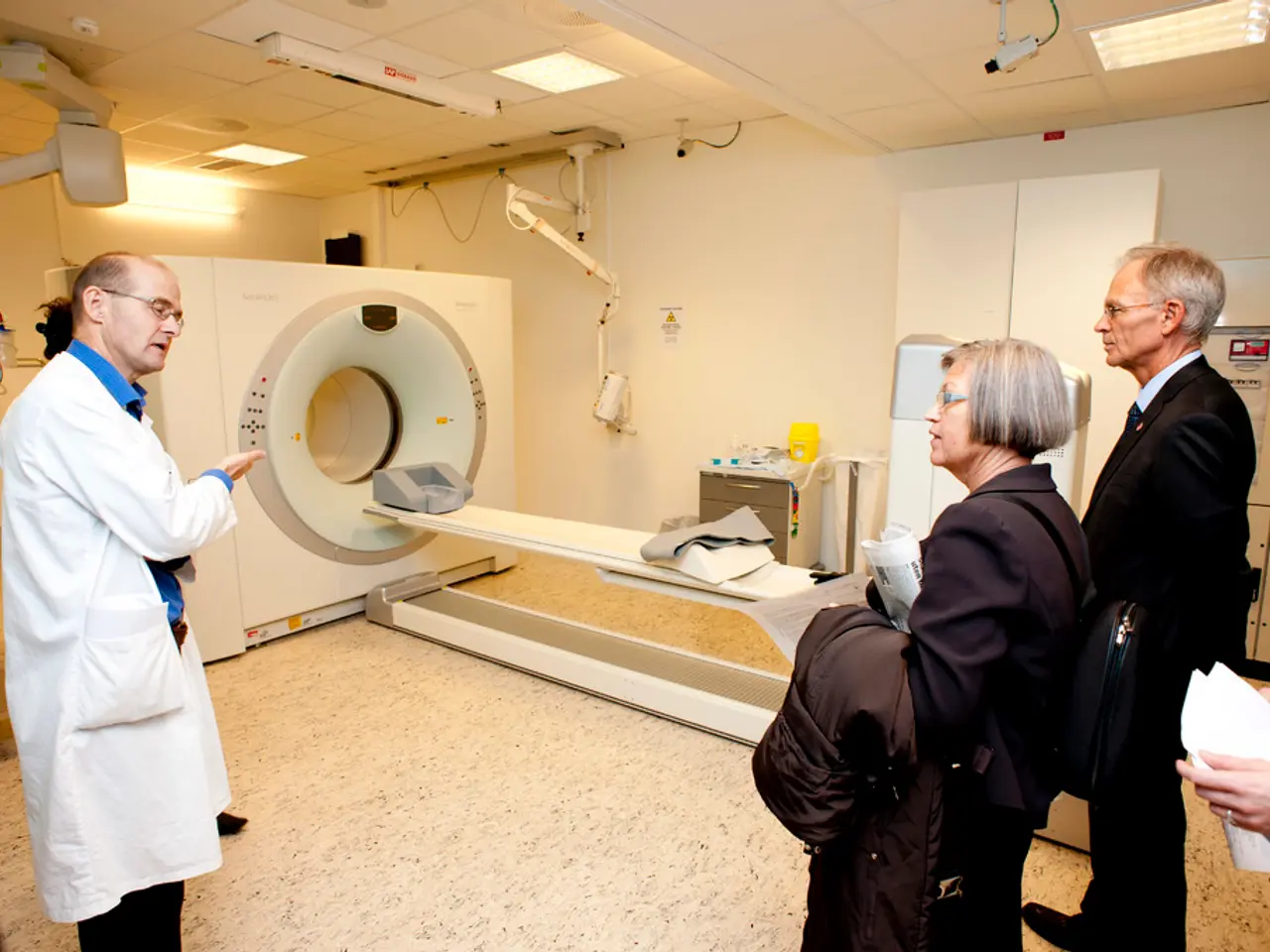The Mass Departure of Medical Professionals in Britain Signals Potential Trouble for the National Health Service
In recent years, an increasing number of British medical students have chosen to practice abroad, driven by a desire for better career opportunities, working conditions, and professional development. This trend is causing concern within the National Health Service (NHS) due to its impact on staff shortages, service delivery pressures, and the strain on healthcare resources.
Studies show a high propensity among medical students and professionals to emigrate, often motivated by expectations of improved professional conditions and career advancement overseas. Changes in immigration and work visa policies, such as reductions in Post-Study Work (PSW) visa durations, have made the UK comparatively less attractive than countries like Canada and Australia. The UK labour market, while relatively tight, is showing signs of slowing employment growth and decreasing vacancy rates, which might affect the availability of suitable NHS positions or progression routes.
The exodus of British medical graduates is resulting in workforce shortages within the NHS, increasing workloads for remaining staff and affecting patient care quality. The NHS must invest more in recruiting replacements (often international hires) and repeating costly training cycles. Staff shortages also contribute to longer waiting times and strain on various services, hindering the NHS’s ability to deliver timely and effective care.
The BMA, the professional body representing doctors in the UK, has been criticised for its conservatism, which some argue has preserved the model on which the NHS is based. However, the low clinical salaries in the UK, compared to conditions and salaries in other countries, make a life practicing medicine overseas more attractive.
This phenomenon is not a new one. For instance, a British grandfather who studied medicine at the Royal Free in London spent most of his life and career working as a doctor in Zambia, driven by a love interest for his South African grandmother who could not return to her country and did not like British winters.
The loss of medical professionals is also causing concern in countries like Nigeria and India, which are becoming more alarmed about the loss of their own medical professionals to the UK. The reason for many medical students practicing abroad is the potential for greater rewards, both in real and absolute terms, in countries like New Zealand, Dubai, Canada, and the US.
Politicians have not yet addressed the long-term problem of low clinical salaries in the UK compared to other countries. As more and more British doctors are seeing that they get a bad deal compared to their international peers, a change in how healthcare is provided in the UK may be on the horizon. British doctors are learning that there is a middle ground between working for the NHS and working solely for wealthy private patients, and many countries provide a more exciting balance.
References:
[1] [Study link] [3] [Immigration policy link] [4] [Labour market link]
- The allure of better compensation and professional growth in countries like Canada, New Zealand, Dubai, and the United States is driving a significant number of British medical professionals abroad.
- Despite the potential for career advancement and better financial incentives, the BMA's conservatism and lower clinical salaries in the UK compared to other nations make practicing medicine overseas an attractive option for many medical professionals.
- The increasing trend of medical emigration not only impacts the UK's National Health Service (NHS) by creating staff shortages, but it also raises concerns in other countries, such as Nigeria and India, about the loss of their own medical professionals.




